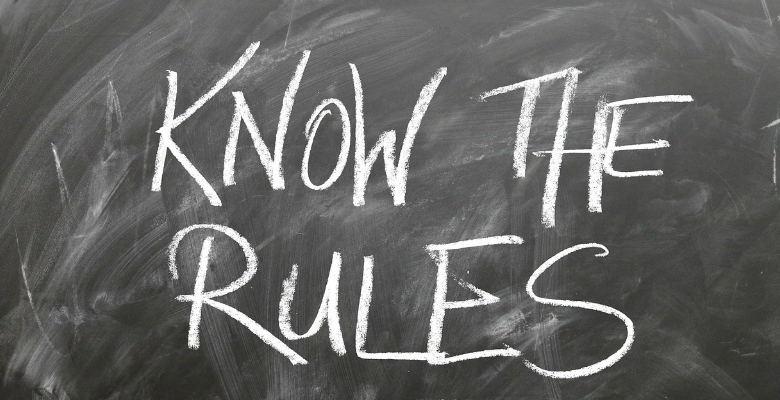5 Simple Facts About Working with Contract Printers
To better navigate contract printing as a tool, here are the ground rules to be aware of before diving into the process.

For those new to the industry, some might struggle to understand the concept of contract printing. “Why on earth would I have someone else print for me if I can print myself?” Those experienced in the industry may rely heavily on contract printers as a crutch to keep them afloat during a busy season. For others that don’t have the means of mass production, you might solely rely on contract printers.
You will begin to use a contract printer to outsource jobs that are outside of your scope. Every business has a niche, and it is okay to admit that you are not capable of printing every order that comes through your door. That does not mean you have to turn them down. You may find significant profitability sending jobs out for contract printing, but if you are not careful, those costs add up.
You may also find contractors that offer different decoration methods. If you do not provide direct-to-garment printing, there are great solutions that perform this service for you. If you are not set up for embroidery but have customers that want it, you can easily find several contract shops to handle them. The list is endless.
To better navigate contract printing as a tool, here are the ground rules for working with contract printers:
CONTRACT PRINTERS CHARGE FOR EVERYTHING
Contract printers must charge for every step of work required to complete your order. They make money on time spent to handle these tasks. Therefore, as solely a service-based company, there is a cost for everything. Contract printers will charge for things like screens, setups, digitizing, separating, and packaging, amongst other things. That is perfectly normal, and you will need to build it into your cost per item. Contract printers will give you a price sheet that breaks down every cost that you will incur when working with them. The best way to calculate job profitability is to add set-up costs, screen fees, printing fees, and shipping fees, and divide that number by the total amount of units to get a true cost of decorating your items.
(Set-up Costs + Screen Fees + Printing Fees + Shipping Fees) / # Of Units = True Cost of Decorated Items
CONTRACT PRINTERS MAKE NO ASSUMPTIONS
When working with a contract printer, you may be required to log into their system or send them a fully detailed purchase order. To send perfect purchase orders, you should thoroughly understand the requirements of your contract printer. They may have an ink color guide with specific ink names, and if you are not clear, they will reject the purchase order, and put the order on hold until you approve it.
CONTRACT PRINTERS HAVE STRICT TIMETABLES
While you may have relaxed turnaround times, contractors are on a very rudimentary and rigid schedule. They are printing for several other shops around the country with strict, promised deadlines. You must understand that their turnaround times do not bend.
CONTRACT PRINTERS HAVE A SPOILAGE RATE
If a contract printer is printing on your garments and they charge you $2 per print that costs you $4 they take on a higher risk than you. Each contract shop will have a spoilage rate, which means they are not liable. Mistakes and misprints do happen, and if they had to replace every shirt they misprinted or wait for a new garment to come in stock, they would not survive. That means it is not a bad idea to pad your order 2-3% when sending goods to them. If the job comes out perfect, your “insurance” is a few bonus shirts for the customer. If you have a particular order with specific sizes that the customer requests, that spoilage could hurt you. The spoilage rate is arguably more important if you have smaller runs. Prepare for this, and do not blame your contractor for a few misprints within the allotted spoilage amount.
CONTRACT PRINTERS REQUIRE ORDERS TO BE PRINT-READY
A contract printer is going to print an order exactly as you send it to them. If your artwork is messy, has several hidden layers, or is not scaled correctly, this can delay your job. Artists in a contract shop are merely taking your artwork, making sure it will look okay on a shirt, and sending you a proof of your artwork. They are not responsible for the creative side of things and are surely not responsible for poor artwork.